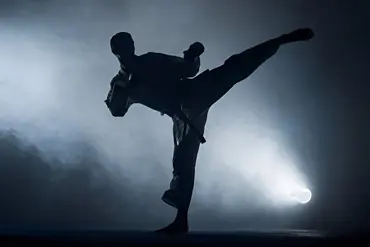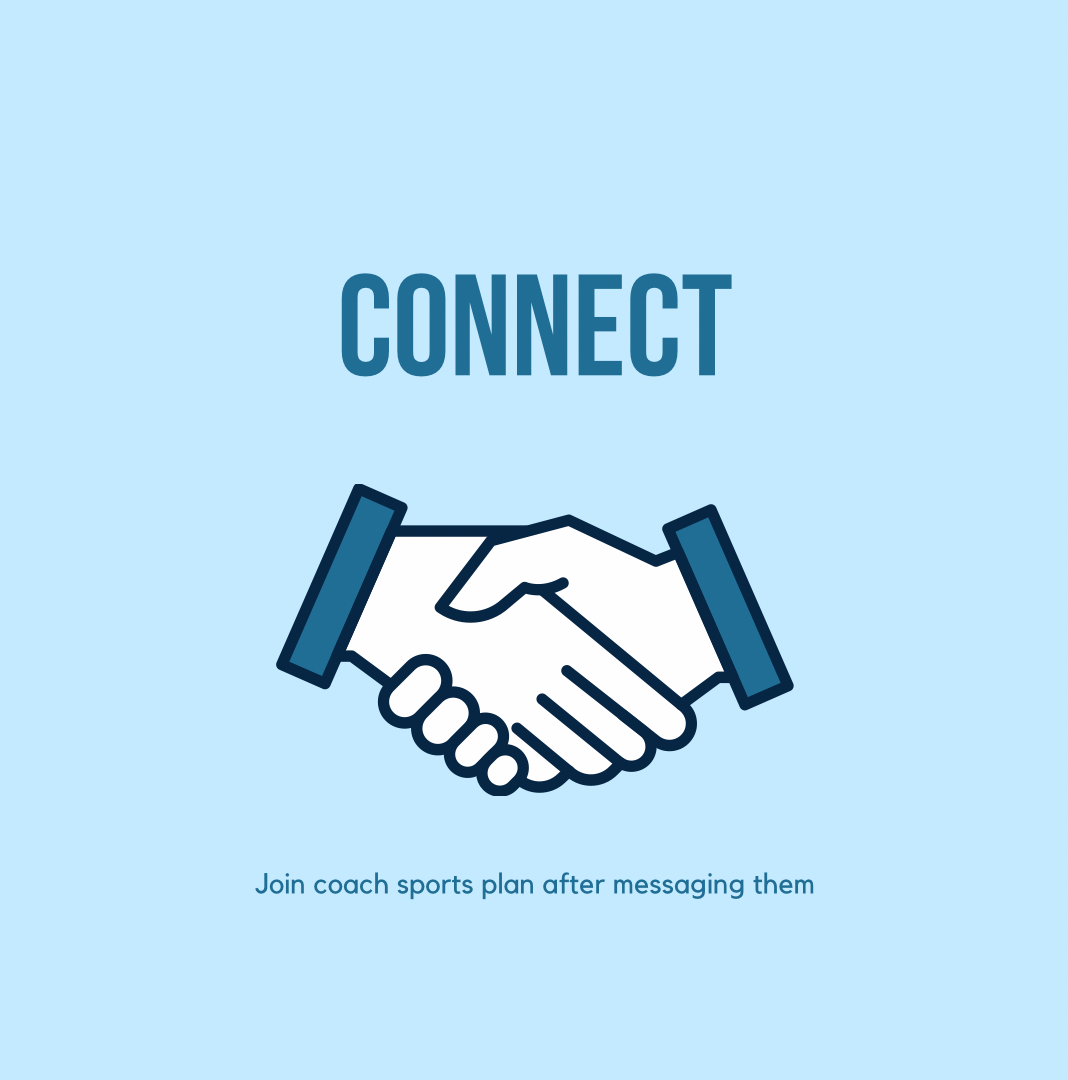How does having a good karate coach change the game?
Think about it - even the most talented musicians need a conductor. A coach in karate? They're that and more.
A good coach doesn't just correct your technique. Theyread your body language, catch patterns in your footwork, and adjust your training based onyou, not just the curriculum.
They:
- Spot your blind spots (pun intended).
- Push you on tough days.
- Remind you of your progress when you can't see it yourself.
In short, a coach becomes your mirror, your mentor, and your motivator. And the best ones? They teach you when to fight? and when to pause.
Can strength training really improve my karate skills?
Absolutely - but here's the twist: it's not about bulking up like a bodybuilder.
Karate thrives onexplosive power, balance, and control. Strength training, when done right, enhances those qualities.
Focus on:
- Core stability (for better kicks and stances)
- Leg strength (to generate more force and maintain form)
- Upper body control (for sharper strikes and blocks)
Think of your body as a bow. The stronger the string (your muscles), the farther and faster the arrow (your techniques) fly.
Just remember - it's strength with purpose, not just ego lifting.

What are some important rules in karate that beginners often overlook?
Ah, rules. Not everyone's favorite topic, but in karate? They're sacred.
Sure, you'll learn when to punch, when to kick - but what often slips by are theetiquette rules. And those? They matter just as much.
Here are a few commonly overlooked ones:
- Always bow when entering/exiting the dojo- it's respect, not ritual.
- Don't turn your back to your sensei without permission- small action, big message.
- Stay silent during instructions- active listening is a form of discipline.
In sparring:
- Nocontact to the facein certain formats like kata-based matches.
- Excessive force? Immediate disqualification.
Karate teaches thatcontrol is stronger than chaos. The rules? They're just structured reminders of that truth.
How can I improve mental focus during karate training and sparring?
Your mind is half your weapon. Ever tried sparring while distracted? It's like driving in fog without headlights.
To sharpen focus:
- Breathe intentionally.Controlled breathing centers the mind and settles nerves.
- Set micro-goals per session.One day, focus only on footwork. Another day, work on just your guard.
- Visualize.Before class or a match, close your eyes. Walk through your kata or combos in your head.
And when it's game time?Be present.Not in yesterday's failure. Not in tomorrow's belt test.
Right here. Right now. That's where karate happens.
Why is consistency more powerful than talent in karate?
Imagine two students. One's naturally fast, flexible - the other? A bit stiff, slower, not the most athletic.
Fast forward one year.
If the first student skips class often, trains inconsistently? while the second shows up every week, studies outside the dojo, listens, corrects - guess who improves more?
Yup. The second.
Karate rewardseffort over ego. Talent might give you a head start, but consistency? That's what gets you to the finish line - and keeps you humble along the way.
Because karate isn't just learned. It's earned. One repetition at a time.
Final Words: A Path Worth Walking
Let this sink in now that we have dissected everything from belts and policies to attitude and mentoring:
Karate transcends mere physical activity. This is a life philosophy spun around motion. That is the slow-burning flame of personal development. On some days, your tolerance will be tested. There are days when your pride. Yet every day. It gives an opportunity to be better-not only in karate but also in being you.
So whether you're just starting, choosing a coach, or breaking through a plateau - keep asking questions. Keep learning. And never forget...
You're already on the path. Just keep walking.
 Karnataka sahitya mandir KACHIGUDA 50027, , hyderabad, Telangana, IndiaMy Self Damodar Nayak PRO JKAI -TG Shotokan style karate instructor at health league and Karnataka sahitya mandir giving coaching since 15 years in ...
Karnataka sahitya mandir KACHIGUDA 50027, , hyderabad, Telangana, IndiaMy Self Damodar Nayak PRO JKAI -TG Shotokan style karate instructor at health league and Karnataka sahitya mandir giving coaching since 15 years in ...

